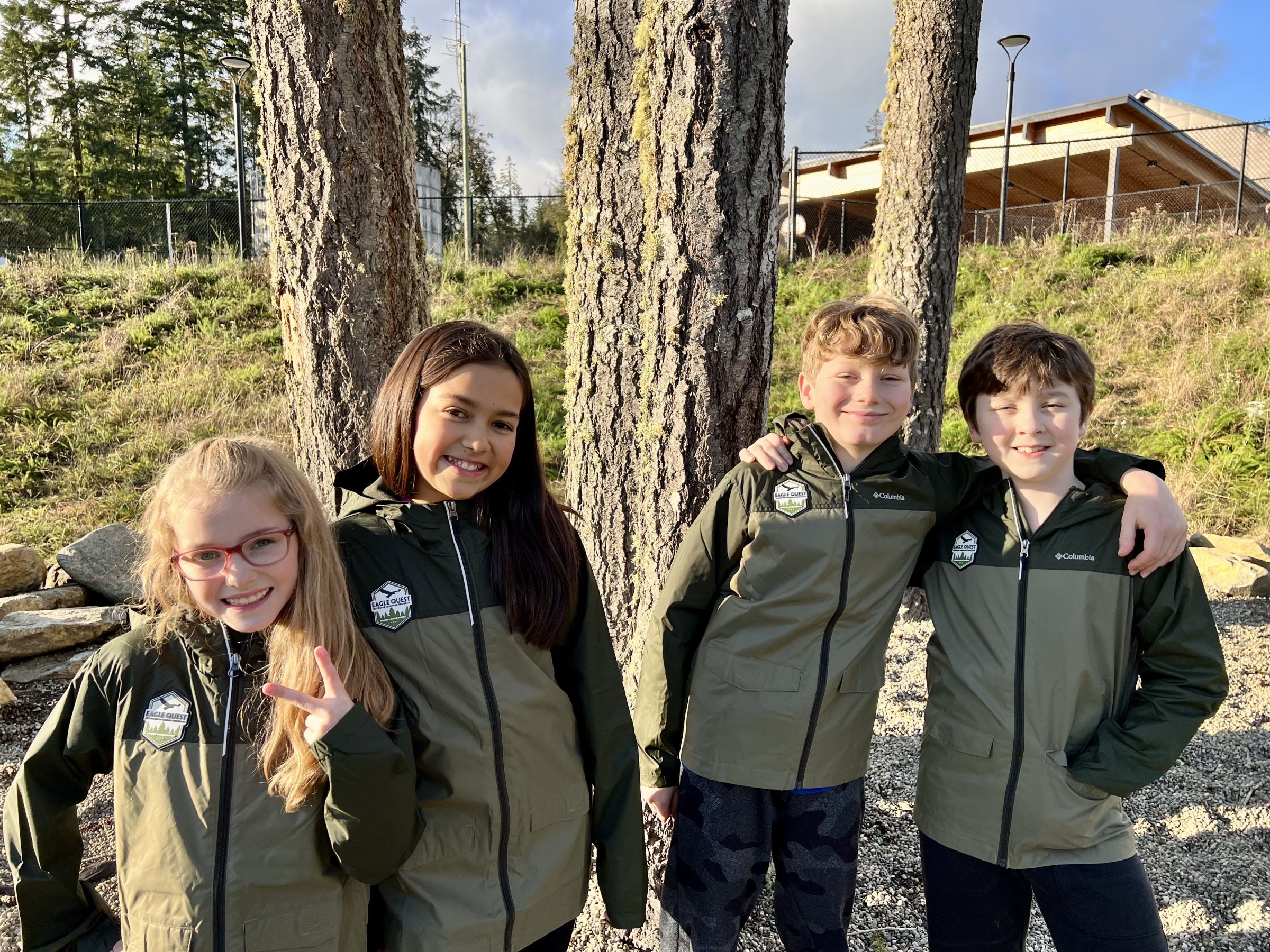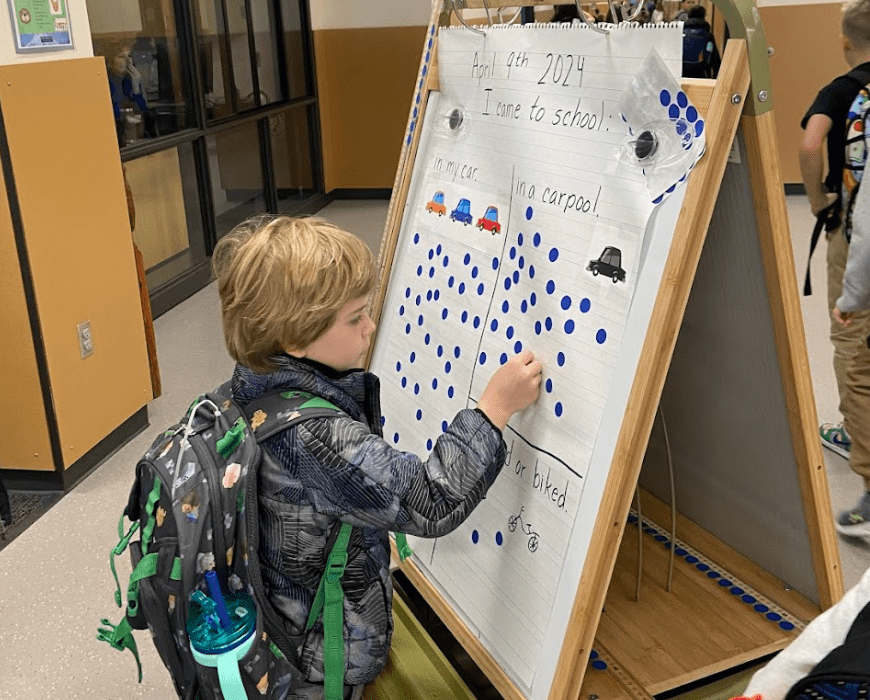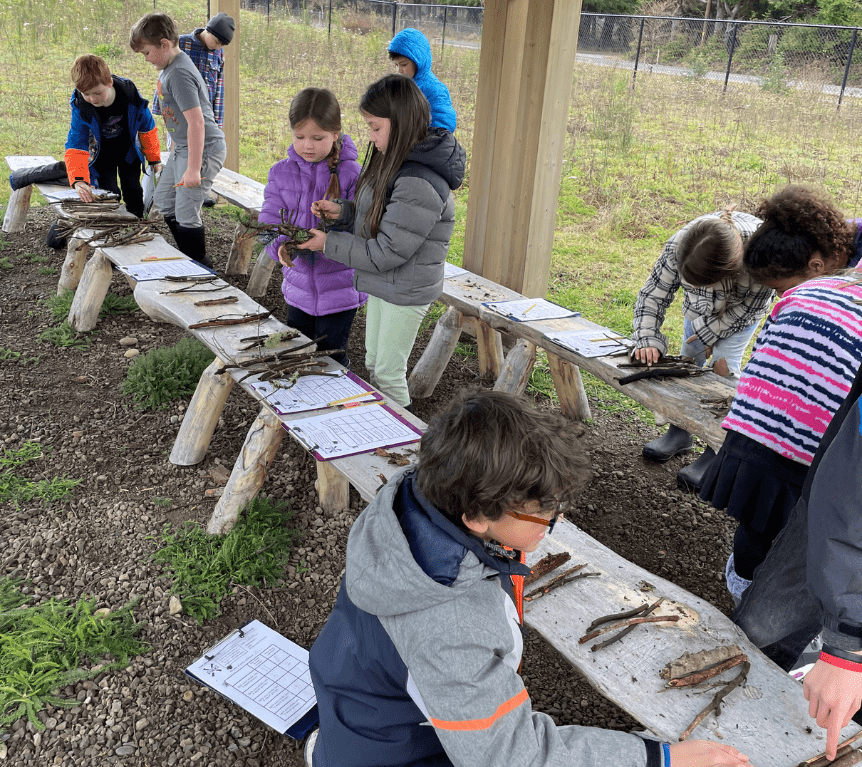
Jake Voss, director of strategic communications at Peninsula School District, attributes the district's "Future Ready Education" approach to activating its vision in tangible ways, while also earning recognition for preparing students to lead with sustainability in mind.
The Peninsula School District in Washington is pioneering a “Future Ready Education” approach that combines STEAM curriculum with environmental sustainability initiatives. Under Superintendent Krestin Bahr’s leadership, the district has earned recognition via the designation of Pioneer Elementary as a STEM Lighthouse School and Artondale Elementary as a Green Ribbon School, all while developing innovative programs like outdoor-focused Transitional Kindergarten. This comprehensive educational strategy emphasizes learner-centered teaching methods, project-based learning, and a “Highlight and Fix” design thinking process. Students engage with nature through gardens, wilderness exploration, and environmental observation—all supporting the district’s vision to “inspire and empower every child, every day” while preparing them to make better decisions for our world.


Superintendent Bahr presented this work at the 2025 AASA conference, sharing how the Peninsula School District’s STEAM learning model and the district’s focus on sustainability from the physical buildings to the lessons taught in the classroom are making a difference in the lives of the students, faculty, and the community. A range of education leaders attended her session and discussed her district’s design efforts to create a private school with a personalized learning atmosphere in a public education setting. They also learned about developing learning spaces not defined by four walls, and how to foster expectations and opportunities for school leaders to think outside the box in their innovative learning initiatives.
Schools in the Peninsula district, including Pioneer Elementary, use a STEAM project-based learning model that facilitates lessons with local relevance and student agency at every grade level. Topics range from the importance of pollinators to the human impact on biodiversity to changing patterns in our climate to maintaining clean watersheds. The district has had several schools recognized by the U.S. Department of Education and the state Office of Public Instruction as green leaders under the Green Ribbon School Program. In her presentation, Krestin highlighted the district’s collaborative efforts to equip students with the knowledge, values, and tools crucial for our planet’s future.
Curious to learn more? Find slides from Krestin’s AASA presentation here.
